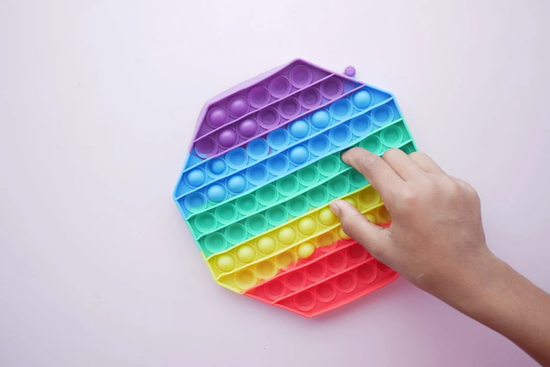Children in care often face a wide range of emotional challenges due to trauma, neglect, or separation from family. Traditional therapy can sometimes feel daunting or difficult for them, which is where creative therapies, such as play therapy, art therapy, and music therapy, come into play. These therapeutic approaches provide a safe and expressive space for children to process their emotions, build resilience, and develop healthier coping mechanisms.
Here, we’ll discuss how play therapy and creative arts provided by support workers at Careline Solutions care staffing agency can help children begin to heal in ways that words alone may not allow.
Play Therapy: A Vital Tool for Emotional Expression
Play therapy is a highly effective form of therapy for children, especially for those who find it difficult to articulate their feelings. The therapeutic environment created by support workers in play therapy allows children to express their emotions through toys, role-playing, and imaginative play. This non-verbal method offers children a way to process complex feelings such as fear, sadness, and anger, often triggered by their experiences in care.
For example, through role-playing games with dolls or action figures, children can recreate their life experiences and make sense of traumatic events. The support worker’s role is to guide them through this process, offering support and validation without imposing judgments. This helps children feel understood, reducing the emotional burden they may carry while also promoting emotional resilience.
Art Therapy: Unlocking Creativity to Heal
Art therapy is another form of creative expression provided by support workers that can have profound healing effects on children in care. By engaging in drawing, painting, or sculpture, children can access emotions that might be difficult to express through words. The process of creating art allows them to externalise feelings and gain clarity while also fostering a sense of accomplishment and control over their environment.
For children dealing with trauma or loss, art offers a safe space to explore and communicate their innermost feelings. Colours, shapes, and textures can represent a child’s emotional landscape, helping them to understand and process their experiences in a visual, tangible form. The role of the support worker in art therapy is to encourage exploration without directing the child’s creative process, allowing them to find their own unique way to express themselves.
Support Workers: Facilitators of Healing Through Creative Arts
Support workers play a critical role in the emotional healing of children in care. They not only offer comfort and stability but also help facilitate access to therapeutic resources such as play therapy and art therapy. By creating a safe and trusting environment, support workers empower children to engage in these therapies with confidence.
Moreover, support workers can assist children in integrating the insights gained from creative therapies into their daily lives. For instance, they can help children express themselves more effectively or use their newfound coping mechanisms in stressful situations. The consistent presence of support workers improves the therapeutic process as they build strong, trusting relationships that further foster emotional recovery.

At Careline Solutions’ support worker care staffing agency in the UK, we understand the profound impact that quality support workers can have on a child’s life. Our dedicated support workers are committed to providing compassionate care and fostering emotional growth.
By partnering with Careline Solutions’ support worker and healthcare staffing agency, you’re investing in the future of vulnerable children. Our support workers are trained to utilize play therapy and creative arts to help children process trauma, build resilience, and develop essential social skills.
Call us now at 01753 592 164 or 07504 927 007 to learn more.
 Careline Solutions
Careline Solutions